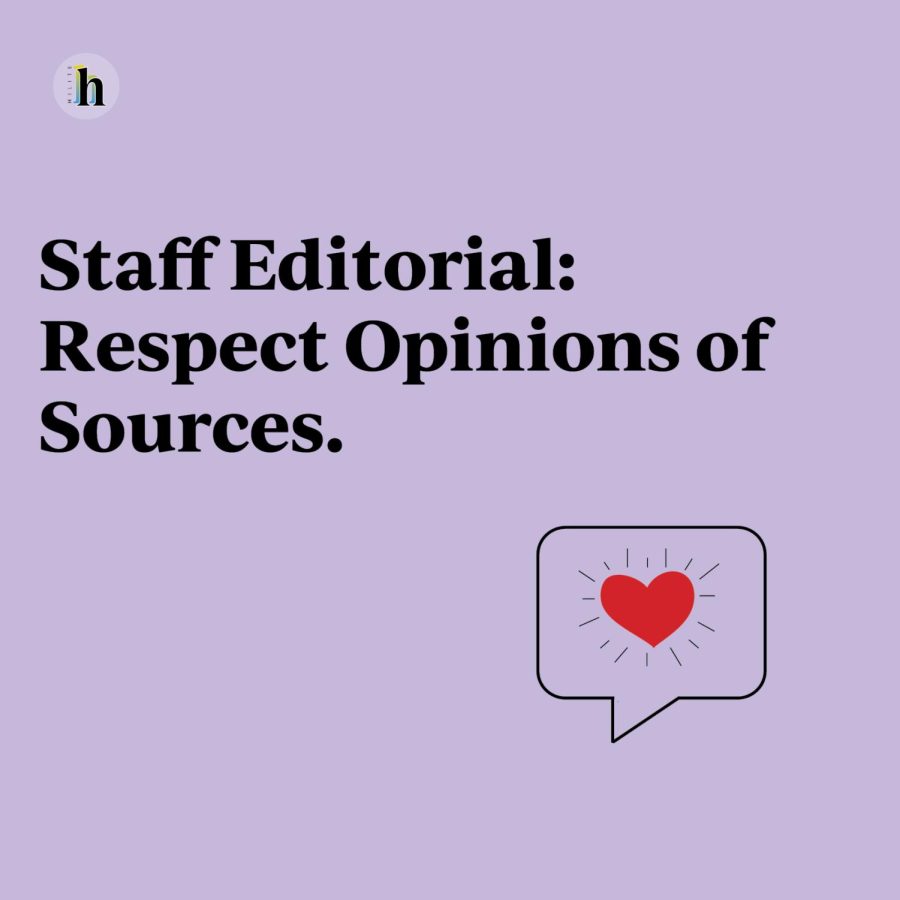Controversy is innately tied to opinion, but journalistic controversy more closely follows the quotes of sources in non-opinion stories and topics reporters cover.
This was recently highlighted in a different manner, however, when the Yale News received backlash for not allowing staff members to anonymously publish a story on a Vigil for lives lost to China’s “Zero Covid” policy.
The News released a statement explaining the reasoning behind their decision and explaining their anonymity policy on Dec. 1, and sparked discussion around educational journalistic policies around the country.
There are 12,407 posts on the HiLite News website, and of these posts, 1,156 are tagged as “Perspectives,” or opinion pieces, where HiLite staff members have shared many of their own opinions through this section both through independent columns and staff editorials. Independent opinion pieces are always attributed with their writer and way to contact the reporter if any concerns arise from their statements, but staff editorials, however, are attributed to the HiLite Staff as a whole. Due to the open discussion of angles and nuances to be covered as a staff, the writer of these pieces remains anonymous.
Additionally, in regards to non-opinionated “controversial” stories, the HiLite Editorial Policy states “all sides of the issue will be presented and reviewed to refrain from any bias, with the exception of opinions. If refraining from bias is impossible, the story’s angle will be replaced.”
Now a month after Yale’s statement, the HiLite staff asserts the importance of its Editorial Policy to maintain the trust of readers and integrity of reporters.
The HiLite staff does not accept anonymous sources in stories but does accept requests for “off the record” information. Anonymous sources, although valuable in some large-scale publications, can reduce the credibility of a story because without a name attributed to a quote, any individual could claim an opinion on a subject they are not versed in. “Off the record” information is important to assist reporters in their research and search for alternative sources, however cannot and should not be used in articles due to the aforementioned credibility concerns.
Similarly to the Yale News, anonymity of reporters is not permitted in HiLite postings. Staff members are encouraged to take assignments they are interested in and willing to pursue, but published material undergoes a copy-editing process to ensure bias is absent from pieces, ensuring the wellbeing of HiLite reporters.
Controversial topics, much like the Vigil article the Yale News shut down, are covered carefully by reporters, but any “danger” that may arise from writing is evaluated by the Management Team prior to posting.
Following the posting of a September 2021 story about curriculum changes, the HiLite staff and the story’s reporters were subject to online criticism for the inclusion of a quote calling previous history curriculums “white-washed.” The inclusion of this quote had been discussed by the story’s editor and the present Management Team before asserting the removal of the quote would underplay the passion sources had for the topic and act as censorship of HiLite sources.
As such, the HiLite staff requests readers to respect the opinions of sources and choices of reporters while ensuring to hold staff accountable for their policies surrounding controversy and free-speech.
The HiLite staff encourages the Greyhound Media Network, as well as other journalistic staffs to evaluate their anonymity and controversy policies to ensure the safety of both sources and staff members, as well as encouraging all people who consume journalistic media to hold staffs accountable for the integrity of their publications. Without frequent review of policies and reader feedback, publications can become complacent in their work and feed into misinformation or lose their credibility.















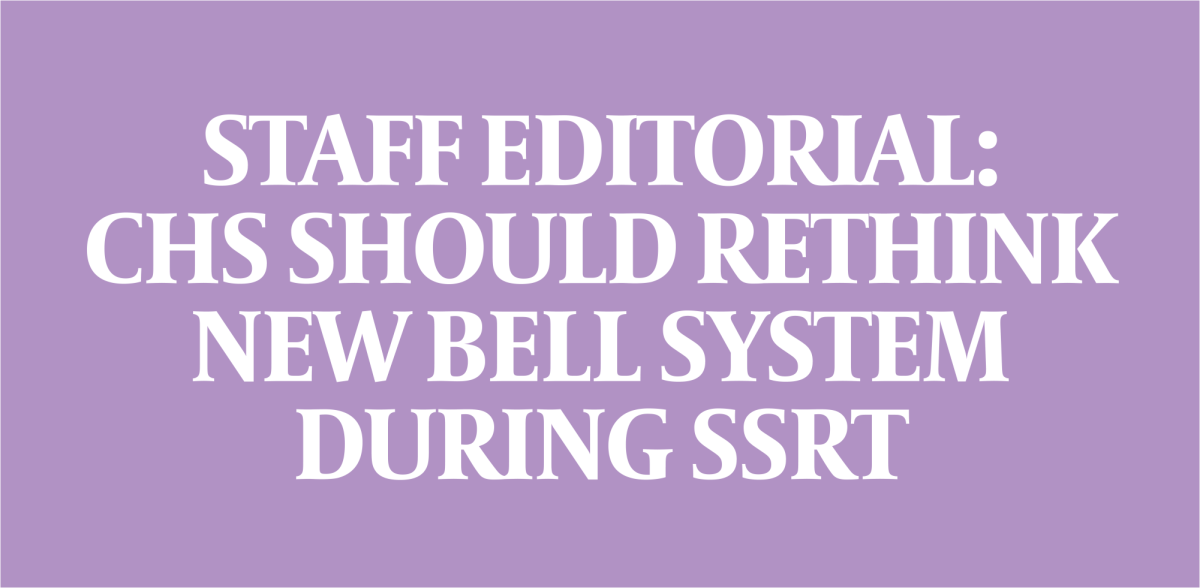


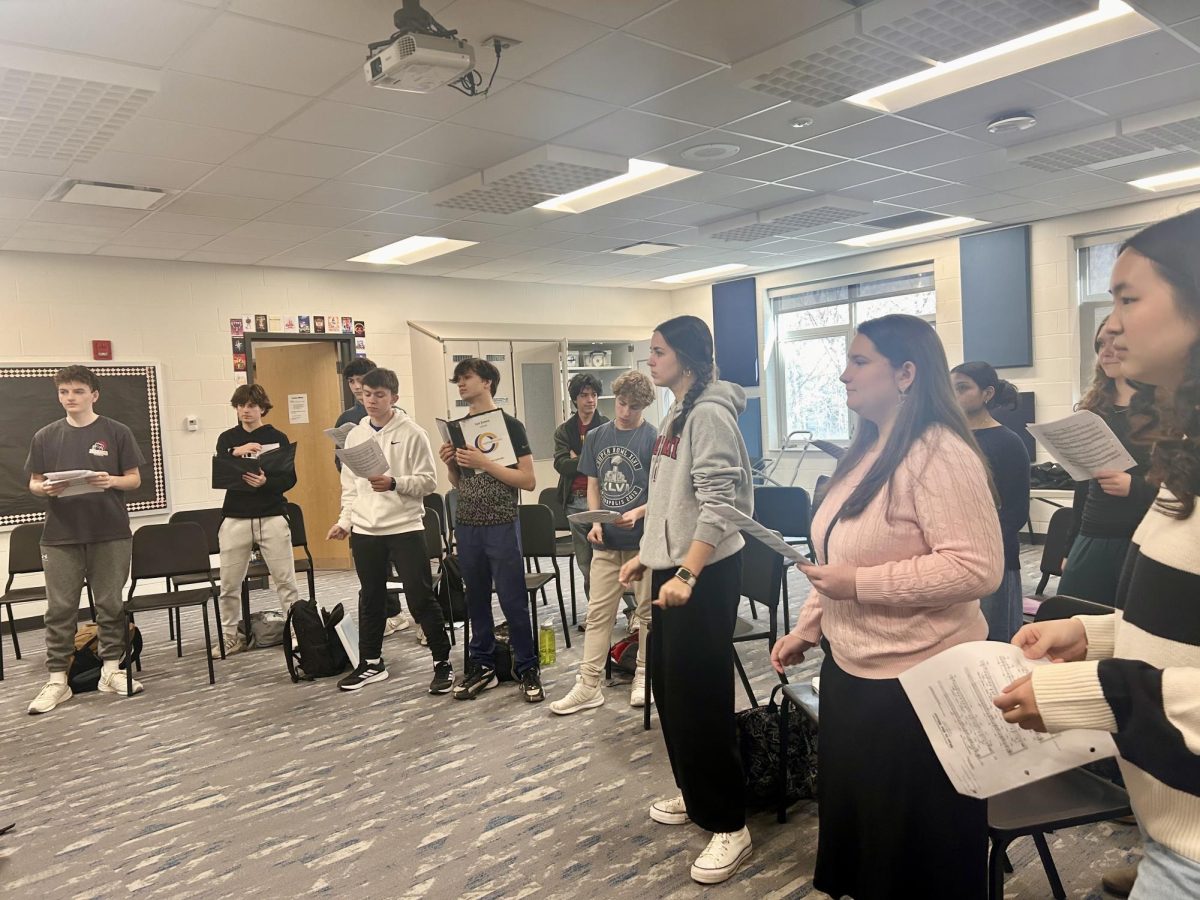






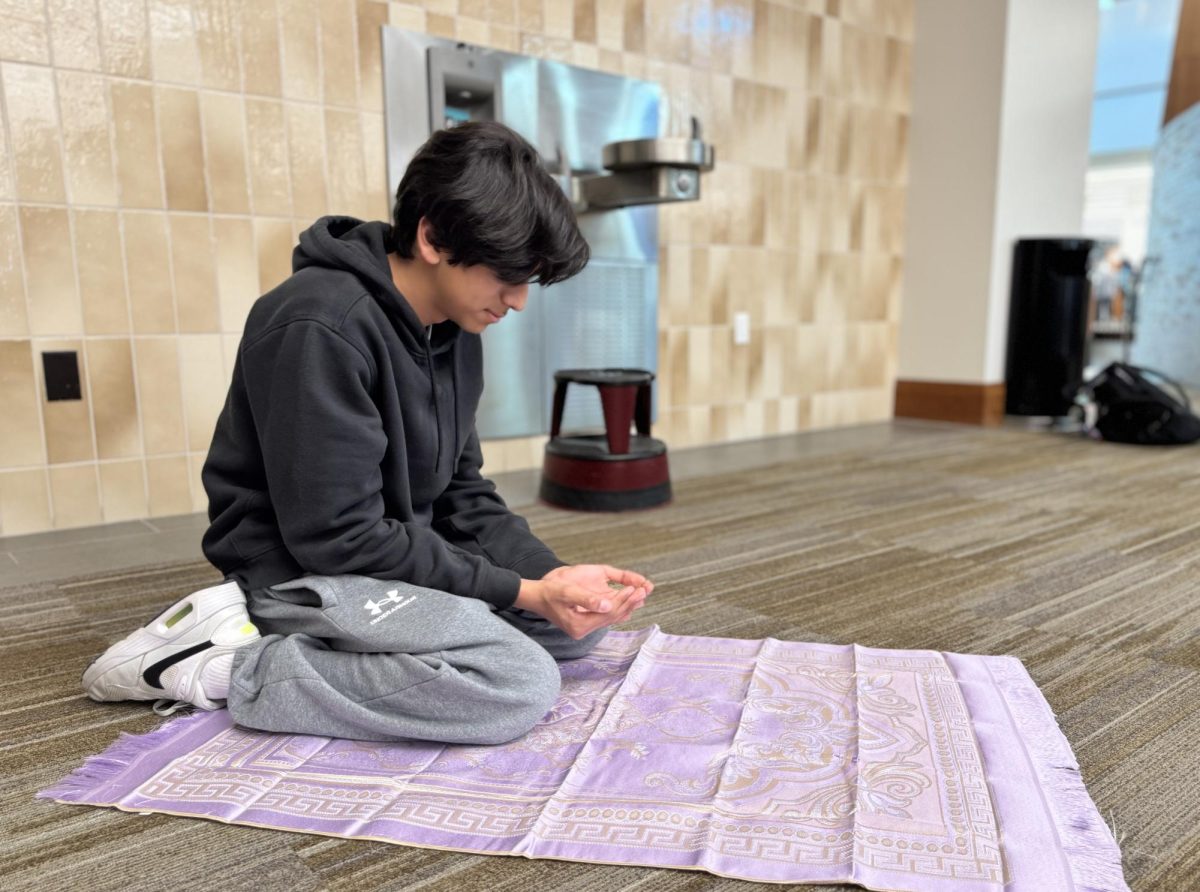





![AI in films like "The Brutalist" is convenient, but shouldn’t take priority [opinion]](https://hilite.org/wp-content/uploads/2025/02/catherine-cover-1200x471.jpg)


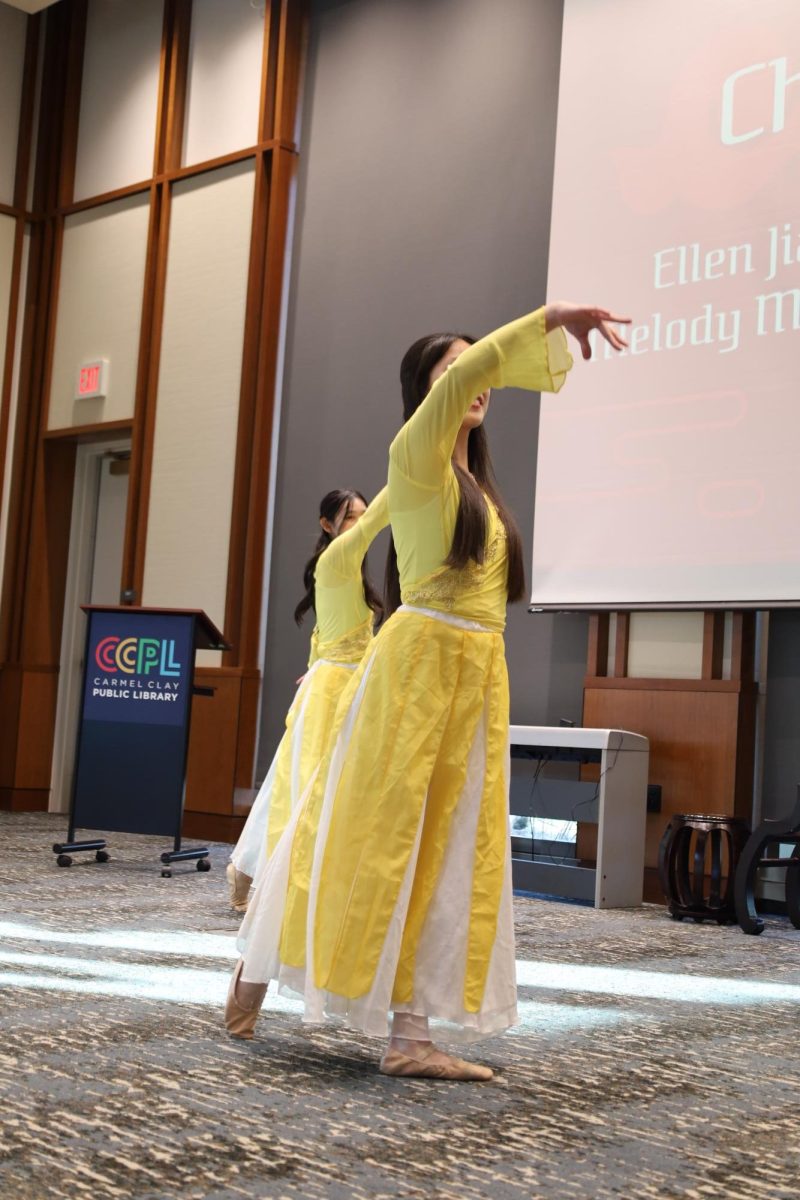










































![Review: “The Immortal Soul Salvage Yard:” A criminally underrated poetry collection [MUSE]](https://hilite.org/wp-content/uploads/2025/03/71cju6TvqmL._AC_UF10001000_QL80_.jpg)
![Review: "Dog Man" is Unapologetically Chaotic [MUSE]](https://hilite.org/wp-content/uploads/2025/03/dogman-1200x700.jpg)
![Review: "Ne Zha 2": The WeChat family reunion I didn’t know I needed [MUSE]](https://hilite.org/wp-content/uploads/2025/03/unnamed-4.png)
![Review in Print: Maripaz Villar brings a delightfully unique style to the world of WEBTOON [MUSE]](https://hilite.org/wp-content/uploads/2023/12/maripazcover-1200x960.jpg)
![Review: “The Sword of Kaigen” is a masterpiece [MUSE]](https://hilite.org/wp-content/uploads/2023/11/Screenshot-2023-11-26-201051.png)
![Review: Gateron Oil Kings, great linear switches, okay price [MUSE]](https://hilite.org/wp-content/uploads/2023/11/Screenshot-2023-11-26-200553.png)
![Review: “A Haunting in Venice” is a significant improvement from other Agatha Christie adaptations [MUSE]](https://hilite.org/wp-content/uploads/2023/11/e7ee2938a6d422669771bce6d8088521.jpg)
![Review: A Thanksgiving story from elementary school, still just as interesting [MUSE]](https://hilite.org/wp-content/uploads/2023/11/Screenshot-2023-11-26-195514-987x1200.png)
![Review: "When I Fly Towards You", cute, uplifting youth drama [MUSE]](https://hilite.org/wp-content/uploads/2023/09/When-I-Fly-Towards-You-Chinese-drama.png)
![Postcards from Muse: Hawaii Travel Diary [MUSE]](https://hilite.org/wp-content/uploads/2023/09/My-project-1-1200x1200.jpg)
![Review: "Ladybug & Cat Noir: The Movie," departure from original show [MUSE]](https://hilite.org/wp-content/uploads/2023/09/Ladybug__Cat_Noir_-_The_Movie_poster.jpg)
![Review in Print: "Hidden Love" is the cute, uplifting drama everyone needs [MUSE]](https://hilite.org/wp-content/uploads/2023/09/hiddenlovecover-e1693597208225-1030x1200.png)
![Review in Print: "Heartstopper" is the heartwarming queer romance we all need [MUSE]](https://hilite.org/wp-content/uploads/2023/08/museheartstoppercover-1200x654.png)


